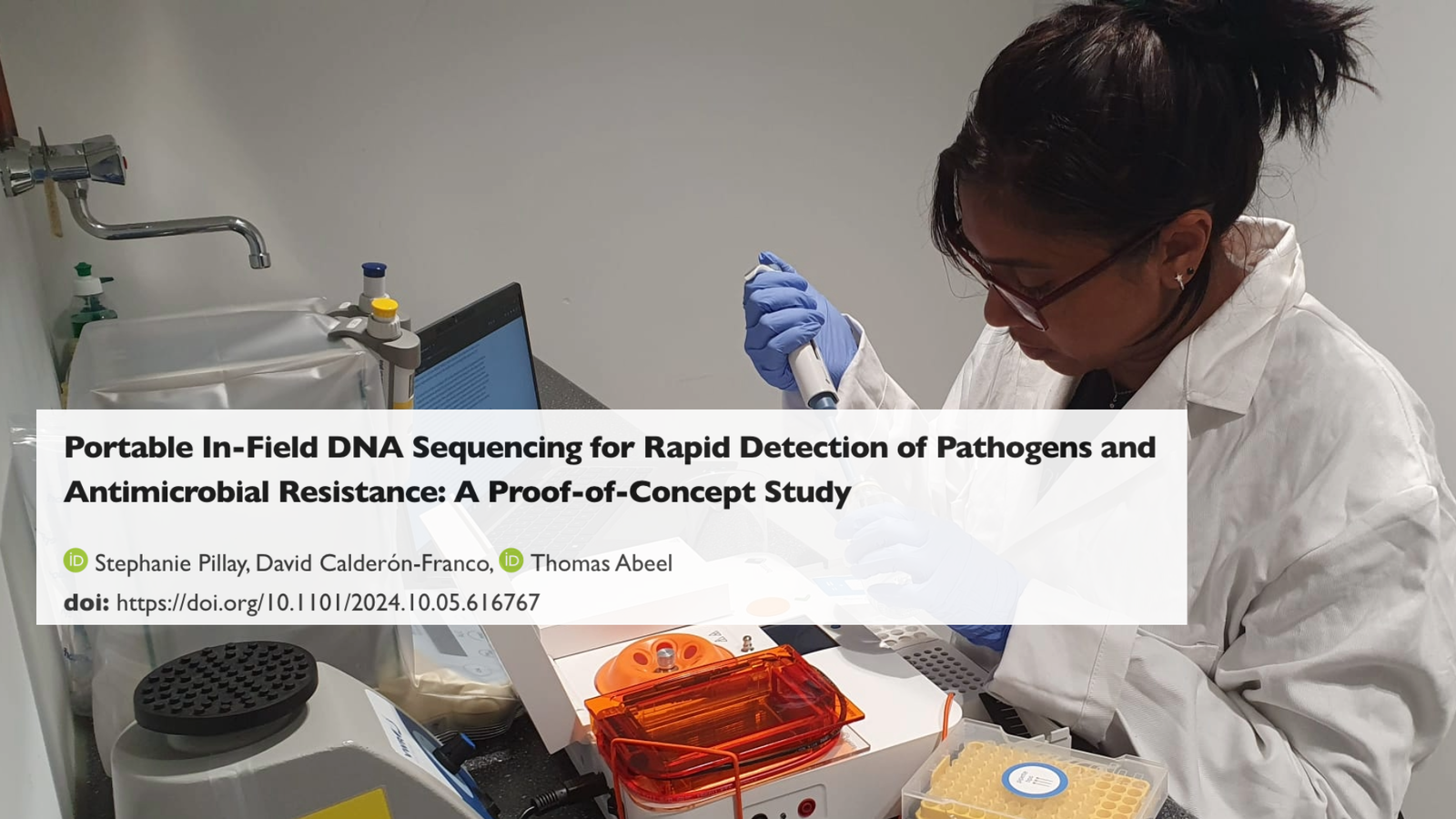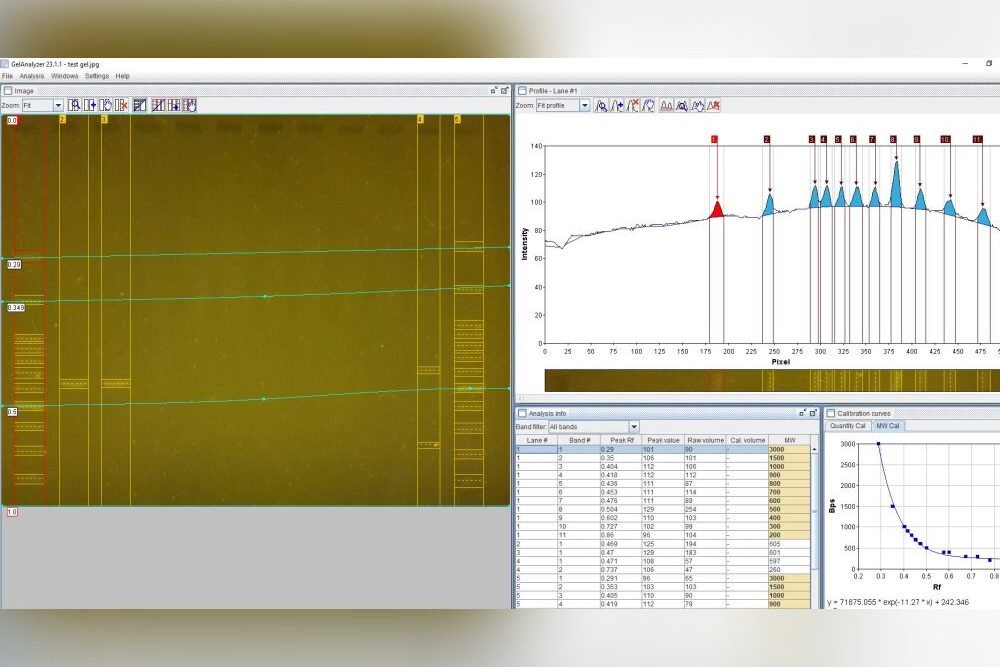Portable PCR devices aren’t just fun technology — they are about solving fundamental problems in molecular biology research. Creating an option to do science outside of centralized laboratory setting opens up opportunities that we are only just starting to explore.
Polymerase Chain Reaction (PCR) is an essential tool. Traditionally, the method has been confined to laboratory settings, requiring benchtop thermocyclers, dedicated workspace, and stable infrastructure. The development of portable PCR systems has changed this, allowing researchers to generate results outside conventional lab environments and at the point of sample collection.
Why use a portable PCR System?
For researchers accustomed to working in fully equipped facilities, a transportable thermocycler might not seem immediately necessary.
But conducting PCR outside of the lab offers several practical advantages:
- Preserving Sample Integrity: Biological samples, particularly environmental and clinical specimens, degrade quickly once collected. Conducting PCR on-site eliminates the need for sample transport, reducing degradation risks and preserving DNA quality. This is especially relevant for environmental DNA (eDNA) studies, pathogen surveillance, and forensic applications, where sample integrity is critical.
- Faster Results and Real-Time Decision Making: Traditional workflows often involve shipping samples to central labs, introducing delays. With a portable PCR system, researchers can analyze samples immediately, enabling faster decision-making. This is particularly beneficial for outbreak monitoring, conservation biology, and field-based environmental assessments. Rapid results allow for real-time troubleshooting and more agile experimental adjustments.
- Cost Efficiency: Running PCR in the field reduces reliance on core lab facilities, which often have service fees and logistical constraints. By decentralizing sample processing, researchers can cut transportation costs and reduce dependency on external lab schedules—something particularly valuable for smaller research teams or projects with limited funding.
- Flexibility in Research Settings: Portable PCR systems can be deployed in remote locations, making them useful for ecological fieldwork, mobile disease diagnostics, and field-based education initiatives.
- Minimizing Contamination Risks: Processing samples at the collection site reduces the risk of cross-contamination that can occur during transport to a central lab.
Versatility Beyond Just PCR
Portable PCR systems are adaptable to a range of applications, from species identification to antimicrobial resistance screening. Some systems, like Bento Lab, integrate additional functions such as gel electrophoresis, providing a more complete molecular biology toolkit in a single, transportable unit. The ability to conduct multiple workflows in one device makes portable PCR especially useful for exploratory and field-based studies.
These systems also complement other sequencing and genotyping technologies. For example, portable PCR can enhance sample preparation for metagenomic analysis with sequencing platforms like MinION. Researchers can pre-screen samples before committing to resource-intensive sequencing workflows, improving efficiency and data quality in the process.
Considerations When Using a Portable PCR System
While portable PCR systems provide clear advantages, researchers should consider a few practical limitations:
- Throughput: Most portable systems process fewer samples per run than full-scale thermocyclers.
- Power Requirements: Some field deployments require battery or alternative power sources.
- Environmental Factors: Performance may be influenced by temperature fluctuations or extreme field conditions.
Conclusion
Portable PCR systems are not just about convenience; they change the way molecular biology is conducted. By enabling researchers to analyze samples at the point of collection, they reduce delays, improve data integrity, and expand the reach of molecular research beyond the traditional laboratory. While they do not replace high-throughput laboratory processing, they provide an indispensable tool for field-based research, decentralized diagnostics, and time-sensitive workflows. Bento Lab, with its integrated features, offers a practical and versatile solution for researchers who need mobility without compromising functionality.


